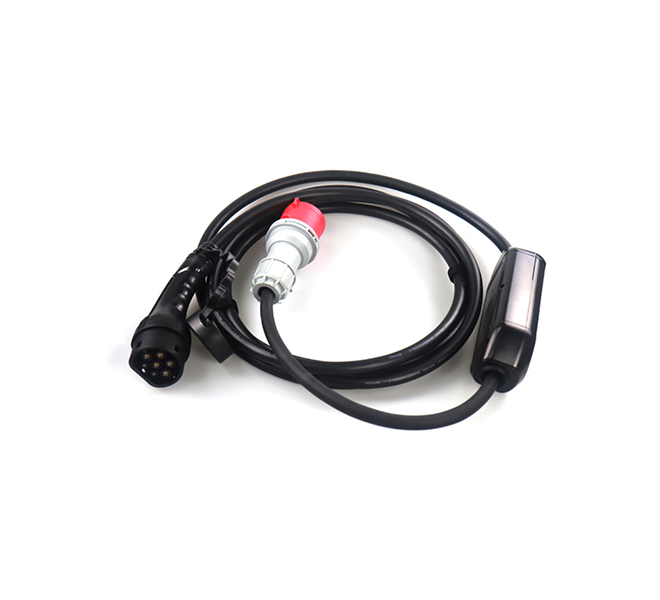Time:2025-06-12 Views:1 source:News

Neodymium - iron - boron (NdFeB) magnets have revolutionized the automotive industry, especially in the realm of electric and hybrid vehicle motors. These magnets are crucial components due to their exceptional magnetic properties, high energy density, and relatively small size, which contribute significantly to the performance, efficiency, and compactness of automotive motors.
In electric and hybrid vehicles, traction motors are the heart of the powertrain, responsible for converting electrical energy into mechanical energy to drive the wheels. NdFeB magnets are widely used in the rotor of these motors. Their high magnetic strength enables the creation of a strong magnetic field, which interacts with the stator windings to generate torque. This interaction is fundamental for the motor's operation, and the superior magnetic performance of NdFeB magnets allows for a more efficient conversion of electrical energy into mechanical motion, resulting in higher power output and better fuel economy (in hybrid vehicles) or longer driving range (in electric vehicles).
The high energy density of NdFeB magnets is another key advantage. It allows automotive engineers to design smaller and lighter motors without sacrificing performance. A more compact motor not only saves space in the vehicle's engine bay or under the floor (in the case of electric vehicles with skateboard - style platforms) but also reduces the overall weight of the vehicle. Since a lighter vehicle requires less energy to move, this directly contributes to improved energy efficiency. For example, in an electric vehicle, a lighter motor using NdFeB magnets can help extend the battery's usage time and reduce the overall energy consumption per kilometer.
Moreover, NdFeB magnets exhibit excellent magnetic stability over a wide range of operating temperatures, which is essential for automotive applications. Vehicles often operate in diverse environmental conditions, from extremely cold winter temperatures to hot summer heat. The ability of NdFeB magnets to maintain their magnetic properties under these varying conditions ensures the consistent performance of the automotive motors throughout their lifespan. However, it should be noted that NdFeB magnets are prone to corrosion. Therefore, in automotive applications, they are usually coated with protective layers, such as nickel - copper - nickel (Ni - Cu - Ni) coatings, to enhance their durability and resistance to the harsh automotive environment, including exposure to moisture, road salts, and chemicals.
Read recommendations:
Direct supply from Magnetic PogoPin factory